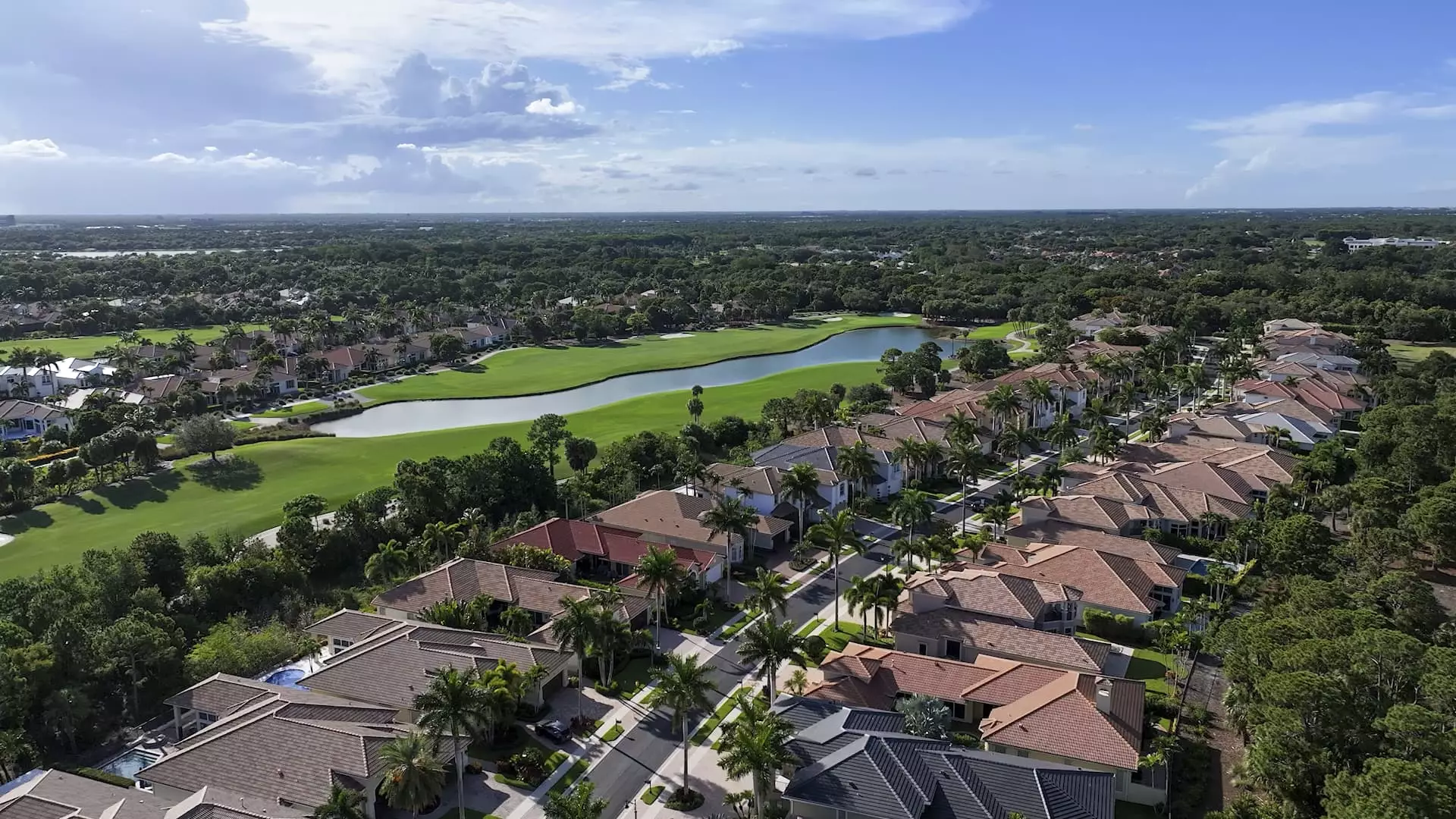Gated communities have become emblematic of a desire for control—not just over physical space but over social standing and lifestyle. These enclaves attract a diverse cross-section of Americans, from retirees seeking tranquility to the affluent desiring status symbols. Their evolution reflects a subtle shift: what once was purely about security now heavily emphasizes exclusivity, luxury amenities, and a sense of belonging to an elite class. In many ways, they symbolize a retreat from the chaos outside, promising serenity within barricaded boundaries. Yet, beneath this veneer of comfort lies a broader social narrative about division and privilege, often overlooked in mainstream discourse.
The Commodification of Security
While safety remains a core selling point, the emphasis on security in American gated communities is somewhat superficial. Unlike countries with higher rates of violence, U.S. communities rarely face constant threats that justify heavily fortified gates. Instead, gates serve more as gatekeepers of access—not necessarily safety—from outsiders. This shift suggests that the desire for gated living has become less about protection from crime and more about controlling identity and social stratification. The high HOA fees and exclusive amenities reinforce barriers—both literal and metaphorical—that segregate residents from the broader society. This creates a form of social insulation, where staying within the gates equates to safeguarding one’s lifestyle against perceived threats, real or imagined.
The Economic and Social Divide
Home prices in gated communities consistently outperform their unguarded counterparts, often by double-digit margins. This economic premium underscores the broader trend: such developments foster economic segregation. Wealthier residents are willing to pay extra—not only for luxury but also for the perceived cachet and stability these enclaves provide. The rising HOA fees and membership dues function as barriers to entry, reinforcing exclusivity while funding the very amenities that make these environments desirable. These factors contribute to a cycle where gated communities become self-sustaining bubbles of privilege, often disconnected from the socioeconomic realities faced by the majority—such as affordable housing shortages and urban decay.
Beyond Security: A Reflection of Societal Fears
Gated communities serve as a mirror to broader societal anxieties. In an era marked by political polarization, economic instability, and social unrest, these enclaves act as fortresses of comfort, shielding their residents from the tumult outside. However, this physical and social separation may exacerbate societal fragmentation, fostering distrust and mistrust among different socioeconomic groups. The allure of control and exclusivity comes at a cost: it perpetuates a cycle where safety and luxury are only accessible to a privileged few, deepening existing inequalities and creating a societal landscape increasingly divided along economic lines.
A Critical Perspective on the Escalating Gated Phenomenon
In the end, gated communities do more than just provide a safe haven; they symbolize a profound desire among the affluent to isolate themselves from societal problems. While they may champion private amenities and perceived security, they obscure the broader question: are these communities a sustainable or healthy response to societal issues? Or are they, in fact, a retreat into privilege that reinforces division? As the wealth gap widens and social trust diminishes, the proliferation of gated enclaves could be seen as a troubling indicator of societal decay, where the desire for safety transforms into an act of social withdrawal. Ultimately, these communities reflect a collective denial—a refusal to confront the underlying issues that threaten to erode the social fabric.

